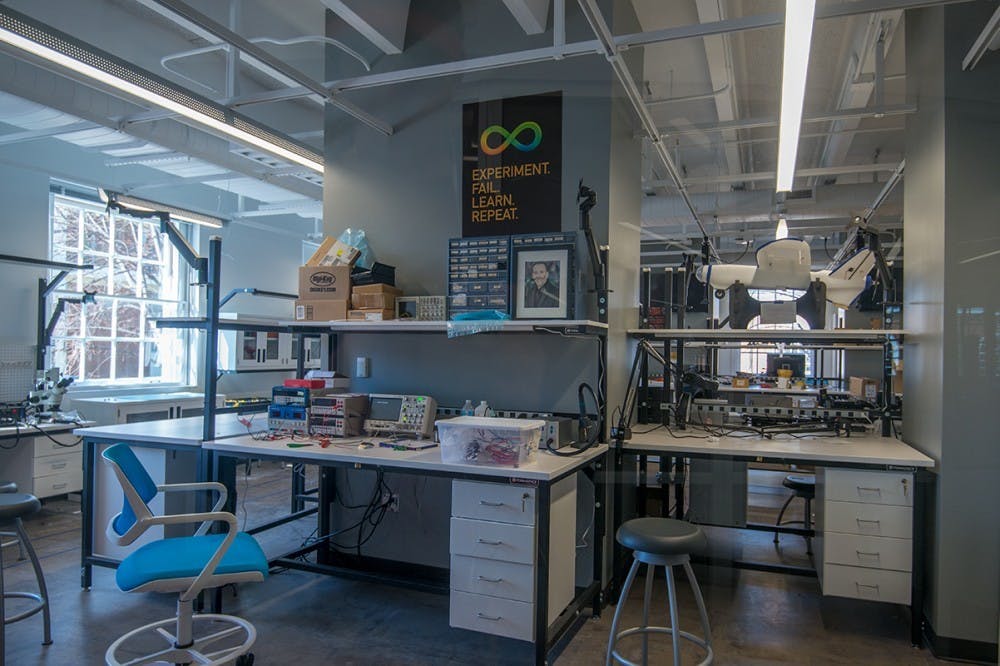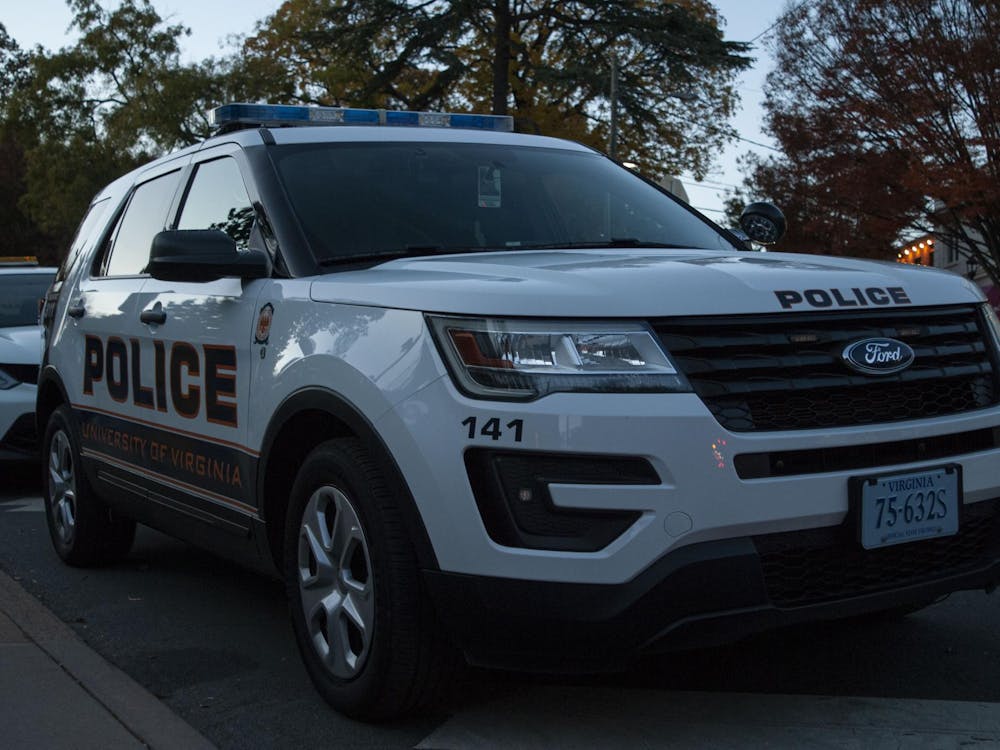Animal Justice Advocates at the University, a student organization dedicated to ending violence against animals in the sciences, is aiming to make mandatory dissections in science classrooms optional for all students by next fall.
The group sent an open letter to Executive Vice President and Provost Thomas C. Katsouleas March 20 asking the University to enact a student choice policy regarding animal dissections in labs. The letter asks the University to enact a formal “student choice” policy with regard to cruel and unnecessary classroom exercises involving dissection of animals, and states that “dissection exercises are not fundamental to the biological sciences, which mandatory dissection wrongly suggests.”
The letter is part of the latest efforts within AJA’s End Dissection Initiative, which was launched in spring 2018. In the past year, AJA has worked with faculty in the Biology Department to give students the choice to opt out of dissections in the lab section of BIOL 2200 — Introduction to Biology: Organismal & Evolutionary Biology. In September 2018, AJA created a petition — Cessation of Dissection at U.Va. — which has garnered 704 signatures and gained support from Student Council in October.
Now, AJA is pushing for a University-wide student choice policy regarding dissections. Such a policy would “give the student the opportunity to use cutting-edge technology that is currently widely available at universities of similar or higher standing,” the letter states.
“There’s a huge amount of schools [that] have student choice policies,” said Isabella Cifu, a fourth-year College student and AJA co-president. “Around 65 to 70 schools in the U.S. have formal student choice policies, and it’s kind of a standard if there’s not a formal student choice policy at other schools.” Radford University, The College of William and Mary, Virginia Commonwealth University and Virginia Tech all have student choice policies in place.
There are disagreements within the scientific fields over whether alternative technologies could replace animal dissections as adequate instructional tools, Cifu added.
“There are definitely people who believe dissection can’t be replaced with alternate technologies, and a lot of those people are professors or people who have been involved in biology for a long time,” Cifu said. “I think it’s just an issue of a traditionalist approach to the curriculum versus being open to exploring those new technologies.”
Looking forward, AJA will expand its campaign to end dissection and push for the end of all animal exploitation in the sciences at the University, according to Pam Beardsell, a first-year College student and AJA co-president.
“It’s a campaign to end all dissection, experimentation, and research on animals at UVA,” Beardsell said. “We are currently working to plan this campaign and are putting in a lot of work towards that this semester.”
University Spokesperson Anthony de Bruyn forwarded Dean Katsouleas’ email response to AJA to The Cavalier Daily, which states that the proposed student choice policy is the unformalized acting policy of the Biology department.
“Students who object to dissection, can arrange an alternative accommodation and are not penalized in any way for any course in Biology,” Katsouleas wrote. “I believe there would be willingness to formalize this in the department along the lines you propose, and your letter raises the question for a university-wide policy rather than by department.”
He added in the email that he will bring up the question of a University-wide policy with other deans to discuss how such a policy would affect other departments and schools.
Katsouleas will update AJA’s co-presidents upon receiving feedback from deans, de Bruyn told The Cavalier Daily.







